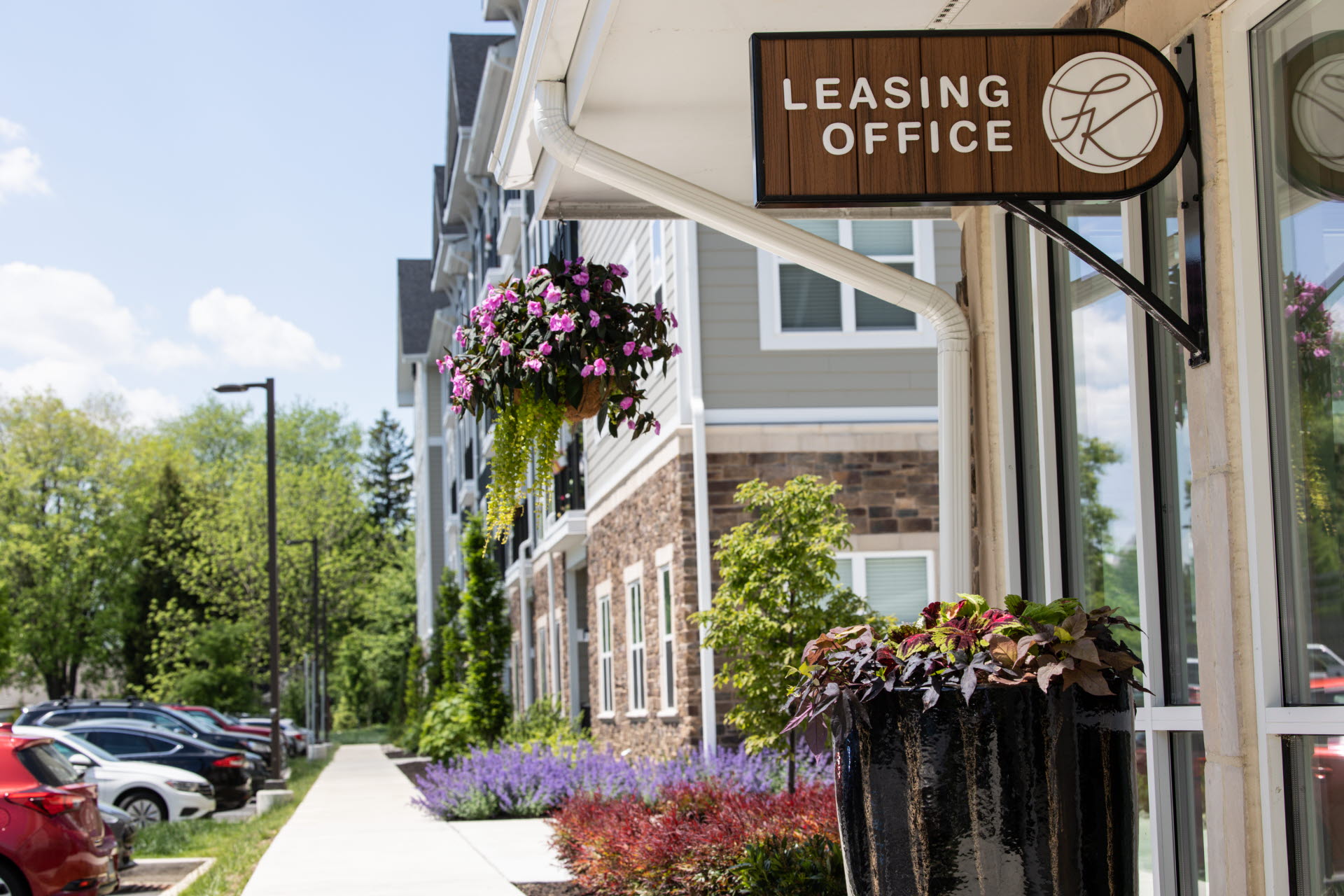How to sell or lease commercial property
By: Bill Boben – Senior Vice President – Sales and Leasing, High Associates Ltd.
As a commercial real estate brokerage firm with over forty years of experience in sales and marketing, High Associates Ltd. understands the importance of thorough preparation when putting your property on the market. Whether you’re looking to sell your commercial property or lease your space, attention to detail is key to maximizing value and ensuring a smooth transaction. This guide will walk you through the essential steps to prepare your property, focusing on physical improvements, documentation, and financial readiness.

1. Physical Enhancements to the Property
The first impression of your property is critical. Potential buyers or tenants will form their opinions within minutes of arriving, so it’s essential to ensure that the property is in top condition both inside and out. Preparing a commercial property for sale is important, but it’s also crucial to keep perspective and avoid making unnecessary improvements that might not add value.
Exterior Enhancements:
- Landscaping: Ensure that the landscaping is well-maintained. Trim bushes, mow the lawn, and consider adding seasonal flowers or plants to enhance curb appeal.
- Parking Areas: Repair any potholes or cracks in the parking lot, repaint lines, and ensure that the area is clean and free of debris.
- Building Facade: Power wash the exterior, repaint where necessary, and repair any visible damage such as broken windows, cracked siding, or peeling paint.
- Signage: Update or replace any signage to ensure it is clear, professional, and in good condition.
- Lighting: Check all exterior lighting to ensure it is functional and provides adequate illumination for safety and security.
Interior Enhancements:
- Deep Cleaning: Have the interior professionally cleaned, including carpets, windows, and any common areas. A clean space feels more welcoming and suggests that the property is well-maintained.
- Repairs: Address any minor repairs, such as fixing leaky faucets, replacing damaged ceiling tiles, or repairing broken fixtures. These small issues can detract from the overall perception of the property.
- Painting: Consider repainting walls with neutral colors to create a fresh, appealing look. This also allows potential buyers or tenants to visualize their own use of the space.
- HVAC and Utilities: Ensure that all heating, ventilation, air conditioning, and other utility systems are in good working order. Regular maintenance and service records should be up-to-date and available.
- Compliance: Check that the property meets all current building codes, zoning laws, and accessibility requirements. Address any non-compliance issues before listing the property.
Read other Real Estate Articles:

2. Gathering essential documentation for commercial property sale
Having all the necessary documents needed to sell commercial property can significantly expedite the sales or leasing process. Buyers and tenants will want to see a complete picture of the property’s financial and operational status.
Key Documents to Prepare:
- Operating Expenses: Compile a detailed record of operating expenses, including utilities, maintenance, insurance, and any other recurring costs associated with the property. This information helps potential buyers or tenants assess the ongoing costs they will incur.
- Tax Records: Gather property tax statements for the last few years. Buyers and tenants will want to review the tax history and any potential reassessments.
- Deed and Title: Ensure you have a clear title to the property and that the deed is readily available. It’s also wise to conduct a title search to confirm there are no encumbrances or liens on the property.
- Zoning Information: Provide documentation on the property’s zoning classification, including relevant ordinances or municipal/state approvals you have received such as a certificate of occupancy. This information is crucial for buyers or tenants planning to change the use of space.
- Warranty Information: Gather past receipts and warranties for any mechanical systems, roofing, gutter, and other building improvements that have been performed that may be transferrable to a new owner.
- Environmental Reports: If available, have environmental assessments or reports ready, particularly if your property is in an area prone to environmental concerns. Full disclosure of any environmental issues or other property defects should be confirmed in writing by the parties.
- Survey and Floor Plans: Provide a recent survey of the property and detailed floor plans. These documents help potential buyers or tenants understand the layout and boundaries of the property.
- Lease Agreements: If the property is currently leased, have all existing lease agreements available. These should include details on lease terms, tenant information, and any obligations or rights associated with the leases.
3. Preparing financial statements before selling a commercial property
For leased properties, presenting a clear financial picture is important. Prospective buyers or tenants will want to understand the property’s income potential.
Key Financial Documents:
- Income Statement: Prepare an income statement that outlines the property’s revenue, including rental income, and any other sources of income. This should be presented on a monthly and annual basis for at least the past three years.
- Rent Roll: Provide a rent roll that lists all tenants, lease terms, rent amounts, and any arrears. This document gives a clear picture of current occupancy and income stability.
- Profit and Loss Statements: If available, include profit and loss statements that provide a comprehensive overview of the property’s financial performance over time.
- Capital Expenditures: Detail any major capital expenditures made on the property, such as roof replacements, HVAC upgrades, or significant renovations. Buyers and tenants will want to know what improvements have been made and when.
4. Final Considerations
In addition to the physical and financial preparations, consider engaging a professional real estate agent who specializes in commercial properties. An experienced agent, such as the team from High Associates Ltd., can provide valuable insights into market trends, pricing strategies, and effective tips for selling commercial property in competitive markets. By thoroughly preparing your commercial property for sale or lease, you position yourself for a successful transaction. The time and effort invested in these steps can significantly increase your property’s appeal and ensure that you attract the right buyers or tenants, ultimately maximizing the return on your investment.
Ready to sell or lease your commercial property? High Real Estate Group offers expert brokerage services, market analysis, and proven strategies to help you attract qualified buyers or tenants — and close with confidence.
5. Frequently Asked Questions (FAQ)
1. What are the first steps to selling a commercial property?
Start by improving the property's condition, gathering financial and legal documents, and consulting a commercial real estate expert for pricing and marketing.
2. What documents are needed to sell commercial property?
Key documents include the deed, title report, tax records, zoning certificates, lease agreements (if any), operating expenses, and a recent survey.
3. How can I increase the value before a commercial property sale?
Focus on curb appeal, basic repairs, compliance updates, and updated financials. Even minor upgrades can significantly enhance perceived value.
4. What’s included in a commercial property sale checklist?
A complete checklist covers physical inspections, financial records, lease info, capital improvements, legal clearances, and marketing assets.
